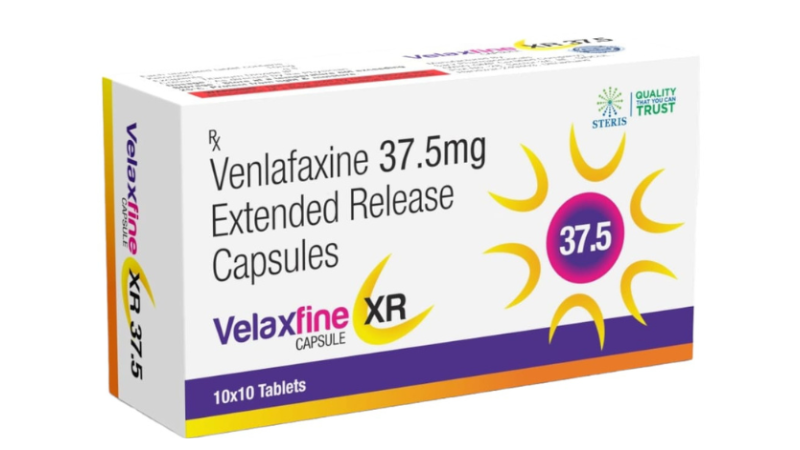Navigating Diabetes Management with GLICLAGLAZE MET Tablets: A Comprehensive Overview
Feb 26, 2024
Introduction to Gefisteris 250 Tablets
Gefisteris 250 tablets are a significant advancement in the realm of pharmaceuticals, primarily prescribed to combat bacterial infections. This medication belongs to the antibiotic class and contains the active ingredient gefisterin, which is effective against a wide range of bacterial pathogens. In this article, we delve into the details of Gefisteris 250 tablets, exploring their mechanism of action, indications, dosage, potential side effects, and precautions.
Understanding Gefisteris 250 Tablets
Gefisteris 250 tablets are an essential tool in the fight against bacterial infections, offering a potent and reliable treatment option for various conditions. These tablets contain gefisterin, a broad-spectrum antibiotic that works by inhibiting the growth and proliferation of bacteria. Gefisterin exerts its antimicrobial effects by interfering with bacterial cell wall synthesis, ultimately leading to cell death. Gefisteris 250 tablets are available in oral form, making them convenient and easy to administer.
Mechanism of Action
The mechanism of action of Gefisteris 250 tablets revolves around the bactericidal properties of gefisterin. This antibiotic acts by inhibiting the enzyme transpeptidase, which is involved in the cross-linking of peptidoglycan chains in bacterial cell walls. By disrupting this process, gefisterin weakens the bacterial cell wall, making it susceptible to osmotic pressure and eventual lysis. As a result, bacterial growth is inhibited, and the infection is brought under control.
Indications for Use
Gefisteris 250 tablets are prescribed for the treatment of various bacterial infections, including:
-
Respiratory Tract Infections: Gefisteris 250 tablets are commonly used to treat respiratory tract infections such as pneumonia, bronchitis, and sinusitis caused by susceptible bacteria.
-
Skin and Soft Tissue Infections: These tablets may be prescribed for the treatment of skin infections, including cellulitis, abscesses, and wound infections.
-
Urinary Tract Infections: Gefisteris 250 tablets are effective in treating urinary tract infections (UTIs) caused by susceptible bacteria, including cystitis and pyelonephritis.
-
Gastrointestinal Infections: In certain cases, Gefisteris 250 tablets may be used to treat gastrointestinal infections such as gastroenteritis or bacterial diarrhea.
Dosage and Administration
The dosage of Gefisteris 250 tablets may vary depending on the type and severity of the infection, as well as the patient's age, weight, and renal function. Generally, the recommended dose for adults is 250 to 500 mg orally every 8 to 12 hours. The duration of treatment may range from a few days to several weeks, depending on the specific infection being treated and the response to therapy. It's crucial to complete the full course of medication as prescribed, even if symptoms improve before the medication is finished, to prevent the development of antibiotic resistance.
Potential Side Effects
While Gefisteris 250 tablets are generally well-tolerated, they may cause certain side effects in some individuals. Common side effects include:
-
Gastrointestinal Disturbances: Nausea, vomiting, diarrhea, and abdominal pain are common gastrointestinal side effects associated with Gefisteris 250 tablets.
-
Allergic Reactions: Some individuals may experience allergic reactions such as rash, itching, or hives while taking Gefisteris 250 tablets. In rare cases, severe allergic reactions such as anaphylaxis may occur, requiring immediate medical attention.
-
Central Nervous System Effects: Headache, dizziness, and confusion may occur as side effects of Gefisteris 250 tablets.
-
Hematologic Effects: Rarely, Gefisteris 250 tablets may cause hematologic side effects such as thrombocytopenia (low platelet count) or leukopenia (low white blood cell count).
It's essential to inform a healthcare professional if any side effects occur, especially if they are severe or persistent.
Precautions and Considerations
Before taking Gefisteris 250 tablets, patients should consider the following precautions:
-
Allergies: Patients with a history of allergies to antibiotics or other medications should inform their healthcare provider before taking Gefisteris 250 tablets.
-
Renal Impairment: Dosage adjustments may be necessary in patients with impaired renal function to prevent drug accumulation and potential toxicity.
-
Pregnancy and Breastfeeding: The safety of Gefisteris 250 tablets during pregnancy and breastfeeding has not been established. Patients should consult their healthcare provider before taking this medication if pregnant or breastfeeding.
-
Drug Interactions: Gefisteris 250 tablets may interact with other medications, including antacids, warfarin, and certain antibiotics. Patients should inform their healthcare provider about all medications they are taking to avoid potential drug interactions.
Conclusion
Gefisteris 250 tablets play a crucial role in the treatment of bacterial infections, offering a potent and effective antibiotic therapy option. By understanding their mechanism of action, indications, dosage, potential side effects, and precautions, patients can use Gefisteris 250 tablets safely and effectively under the guidance of a healthcare professional. It's essential to follow the prescribed dosage regimen and complete the full course of medication to ensure optimal therapeutic outcomes and prevent the development of antibiotic resistance.
FOR MORE FURTHER INFORMATION:
EMAIL: info@sterispharma.com / contact@sterispharma.com
CONTACT NO: 8209542042, 8955945010, 7877551268, 6377716668
WATSAPP: HARSHITA, SAKSHI, MONA, SHWETA
Recent Post
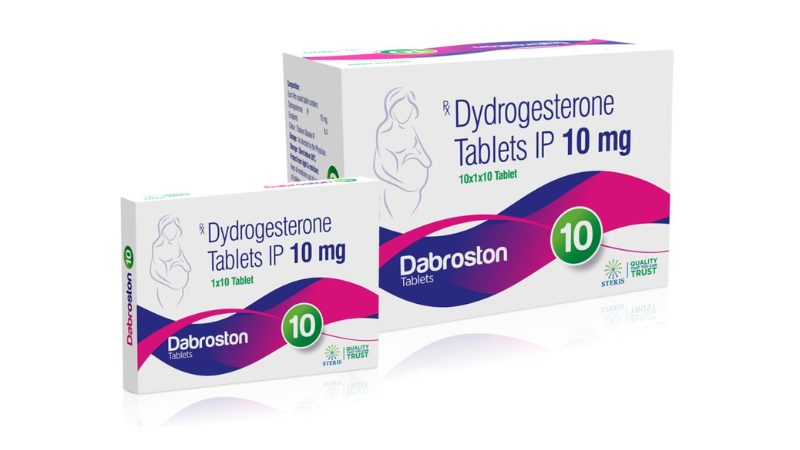
Dydrogesterone 10 mg in DABROSTON 10: A Key Treatment for Menstrual Irregularities and Pregnancy Support
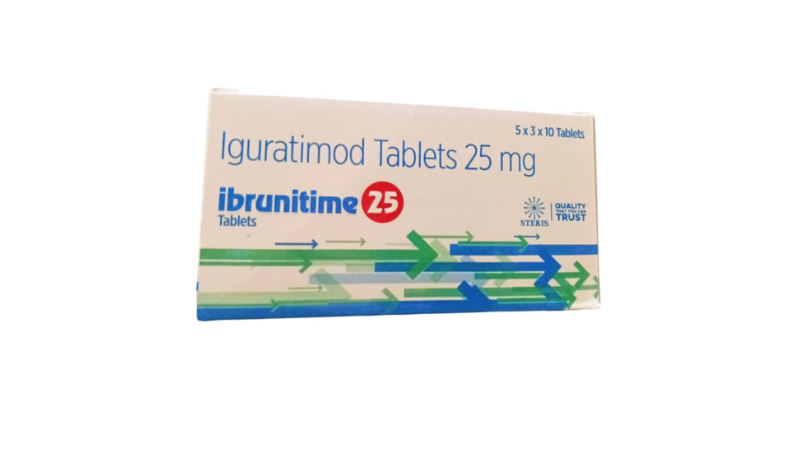
Iguratimod 25 mg – IBRUNITIME 25: Effective Solution for Rheumatoid Arthritis and Joint Inflammation
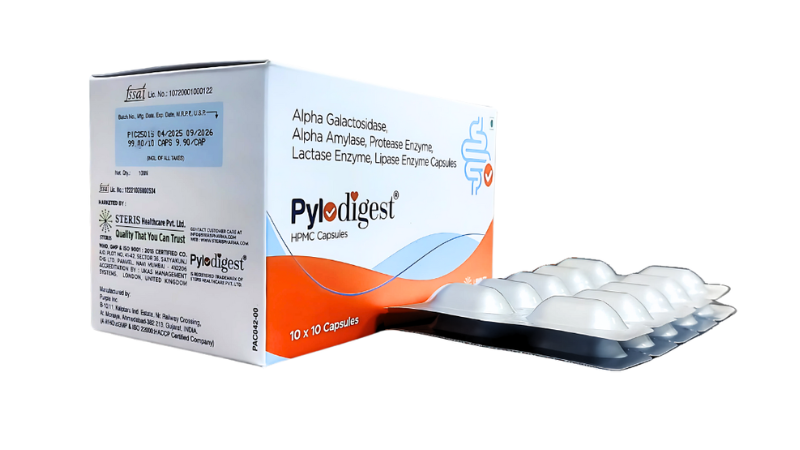
Alpha Galactosidase, Lipase, Alpha Amylase, Protease and Lactase Capsules.
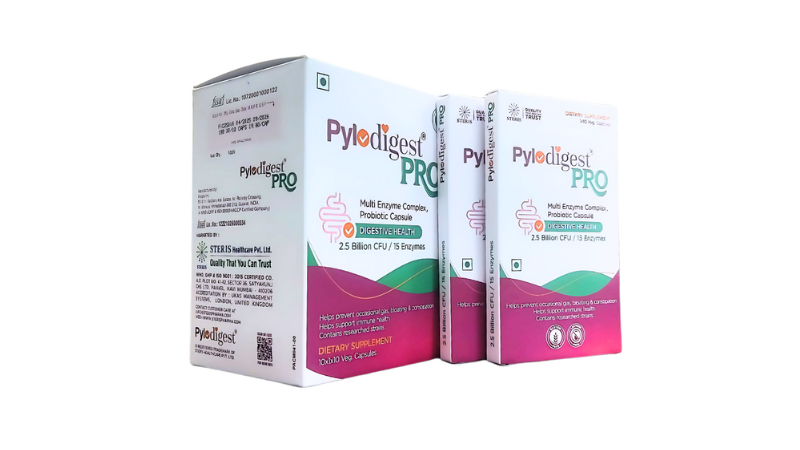
Multi Enzyme Complex Probiotic Capsule: PYLODIGEST PRO
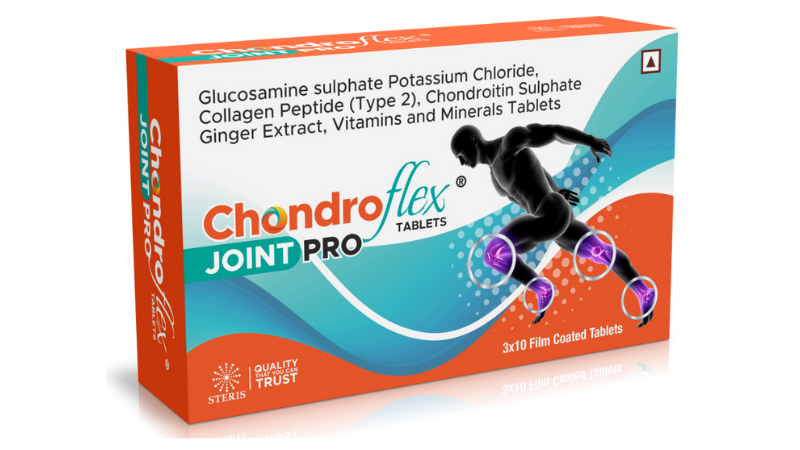
Calcium Citrate Malate Vitamin D3 Relief: Chondroflex Joint Pro.
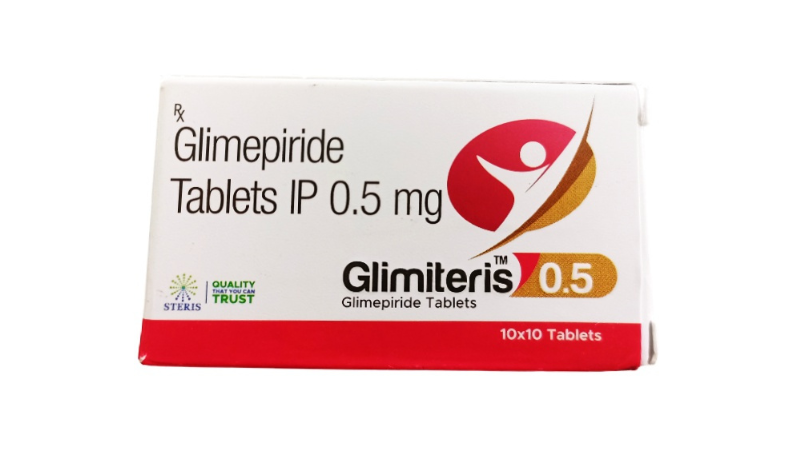
Glimepiride IP 0.5mg Tablet: Up to 30% Discount Available at Steris Healthcare.

VELAXFINE XR 75: Advanced Relief with Venlafaxine Hydrochloride 75 mg for Depression & Anxiety.

Venlafaxine 37.5mg Tablet | VELAXFINE XR 37.5 from Steris Healthcare Pvt Ltd.
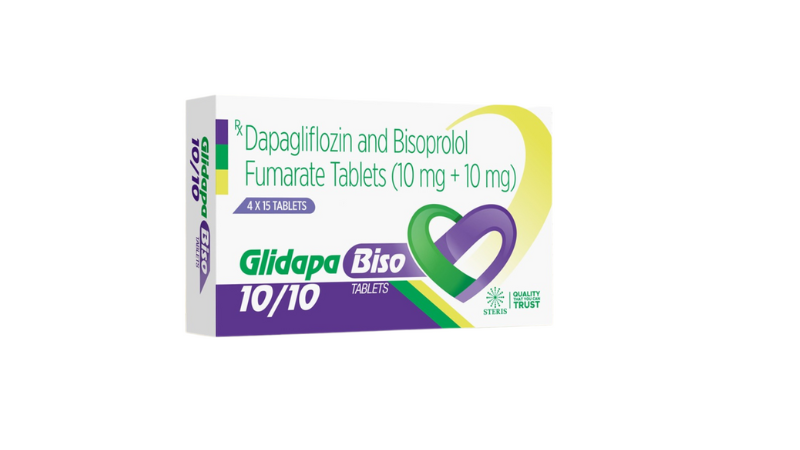
Glidapa Biso: Dapagliflozin 10mg and Bisoprolol Fumarate 10mg Tablet.
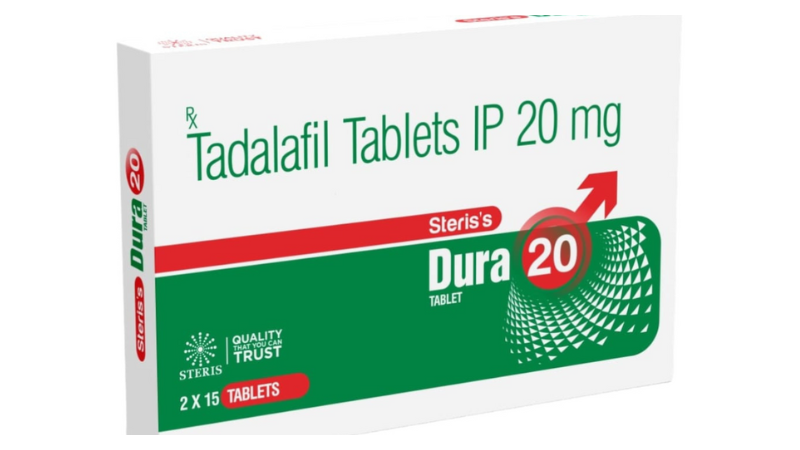
Tadalafil गोली: मिलीग्राम उपयोग, साइड इफेक्ट, and Price.

